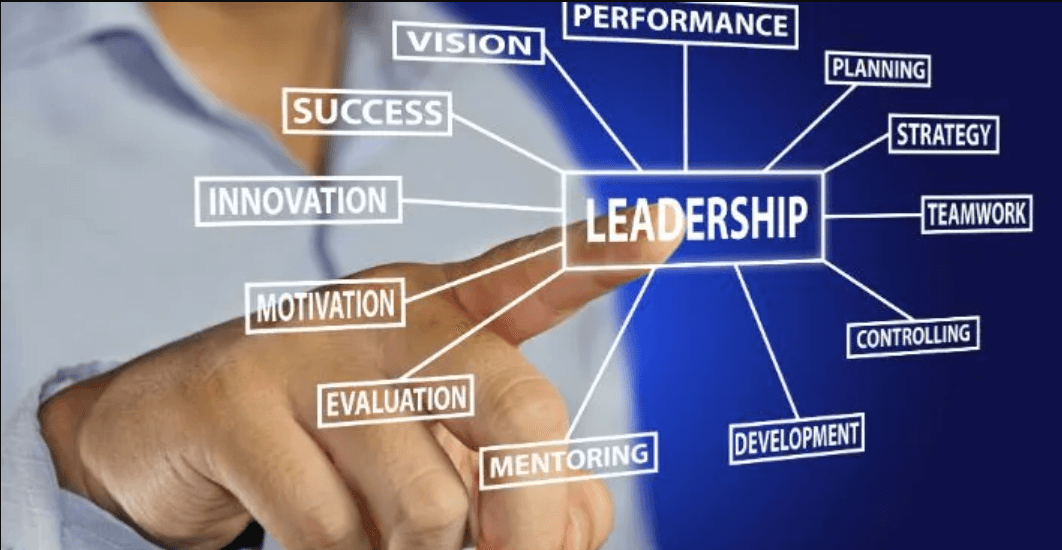
Developing Effective Leadership Skills: A Step-by-Step Guide
Developing Effective Leadership Skills: A Step-by-Step Guide is a multifaceted skill set that transcends mere authority and requires a deliberate approach to personal and professional growth. By examining various leadership styles and understanding their impact on team dynamics, individuals can identify their strengths and areas needing enhancement. Moreover, fostering robust communication and collaboration skills is essential in cultivating a cohesive team environment. As we explore these pivotal elements, a deeper understanding of how emotional intelligence intertwines with leadership will become evident, revealing critical insights that can transform your leadership journey.
Understanding Leadership Styles
Understanding the various leadership styles is essential, as it enables leaders to adapt their approach to meet the diverse needs of their teams and drive organizational success.
Transformational leadership inspires and motivates, fostering innovation and commitment.
Situational leadership emphasizes flexibility, allowing leaders to tailor their strategies based on specific circumstances.
Embracing these styles empowers leaders to cultivate a thriving, empowered environment.

Building Communication Skills
Effective communication is a foundational leadership skill that enhances collaboration, fosters trust, and drives engagement within teams.
By practicing active listening, leaders can better understand their team’s perspectives, ensuring everyone feels valued.
Additionally, being aware of nonverbal cues strengthens connections and clarifies intentions.
Embrace these techniques to create an open environment where ideas flourish and individuals thrive, empowering everyone toward shared goals.
Read more: Wallpaper:1w6vokibmhc= Cool:Urriytflh98= Car
Fostering Team Collaboration
Cultivating a culture of collaboration within a team is essential for harnessing diverse talents and perspectives, ultimately driving innovation and achieving collective success.
By enhancing team dynamics and utilizing collaborative tools, leaders can create an environment where creativity flourishes.
Encourage open dialogue, shared goals, and mutual respect, allowing each member to feel empowered and valued, thereby fostering a sense of freedom and ownership in their contributions.
Developing Emotional Intelligence
Emotional intelligence serves as a cornerstone for effective leadership, enabling individuals to navigate complex interpersonal dynamics and foster deeper connections within their teams.
By employing self-awareness techniques, leaders can better understand their emotions and reactions.
Additionally, engaging in empathy exercises enhances their ability to relate to others, fostering a supportive environment.
Together, these practices empower leaders to inspire and motivate their teams towards shared goals.
Read more: Wallpaper:1w6vokibmhc= Cool:Urriytflh98= Car
Conclusion
In conclusion, cultivating effective leadership skills is essential for fostering a productive and harmonious team environment.
Research indicates that organizations with strong leadership are 13 times more likely to achieve positive business outcomes.
By understanding diverse leadership styles, enhancing communication abilities, and promoting collaboration, leaders can inspire and empower their teams.
Prioritizing emotional intelligence further enriches interpersonal relationships, ultimately driving collective success and innovation within any organization.
Effective leadership transforms potential into achievement, paving the way for enduring excellence.




